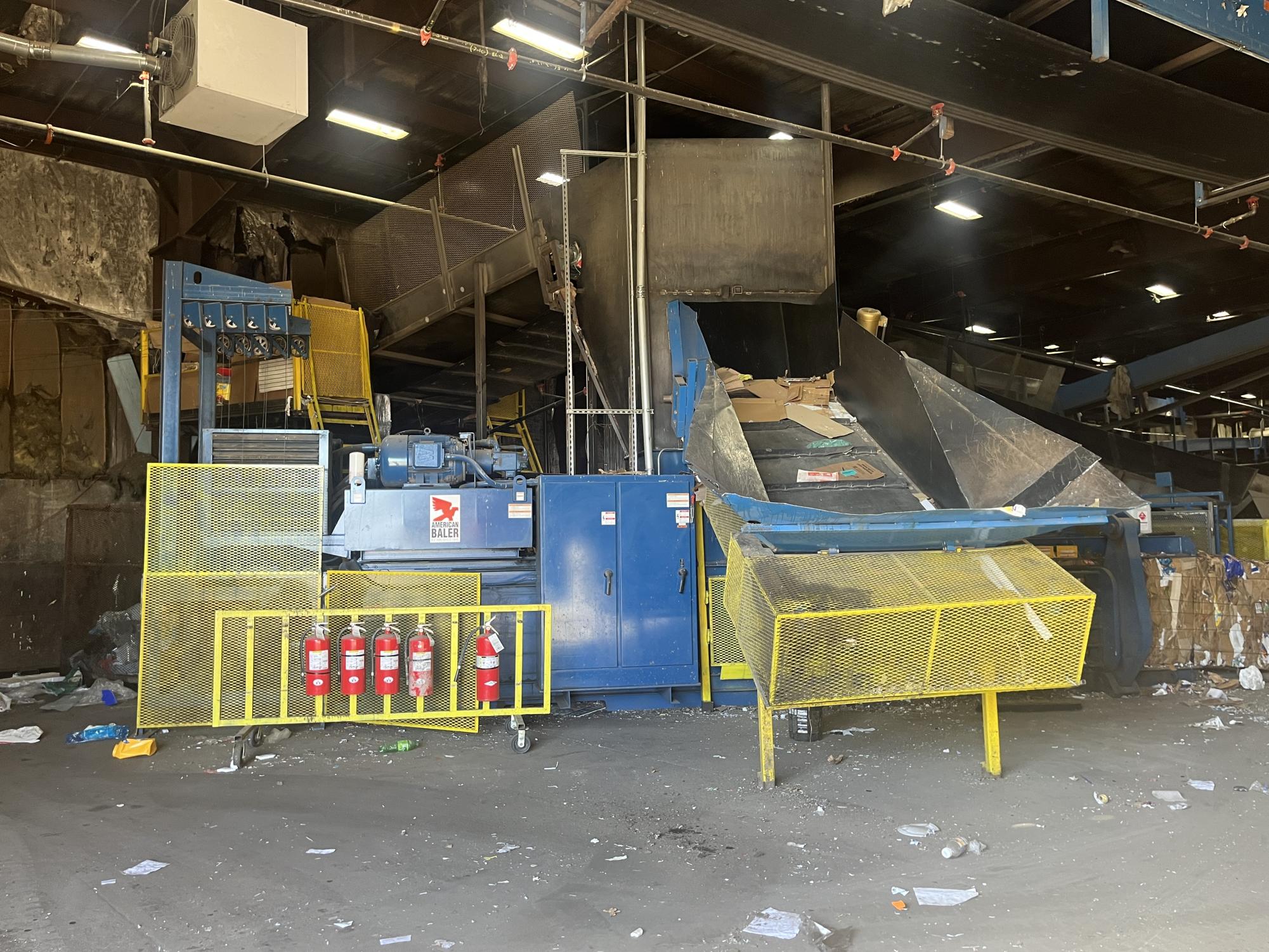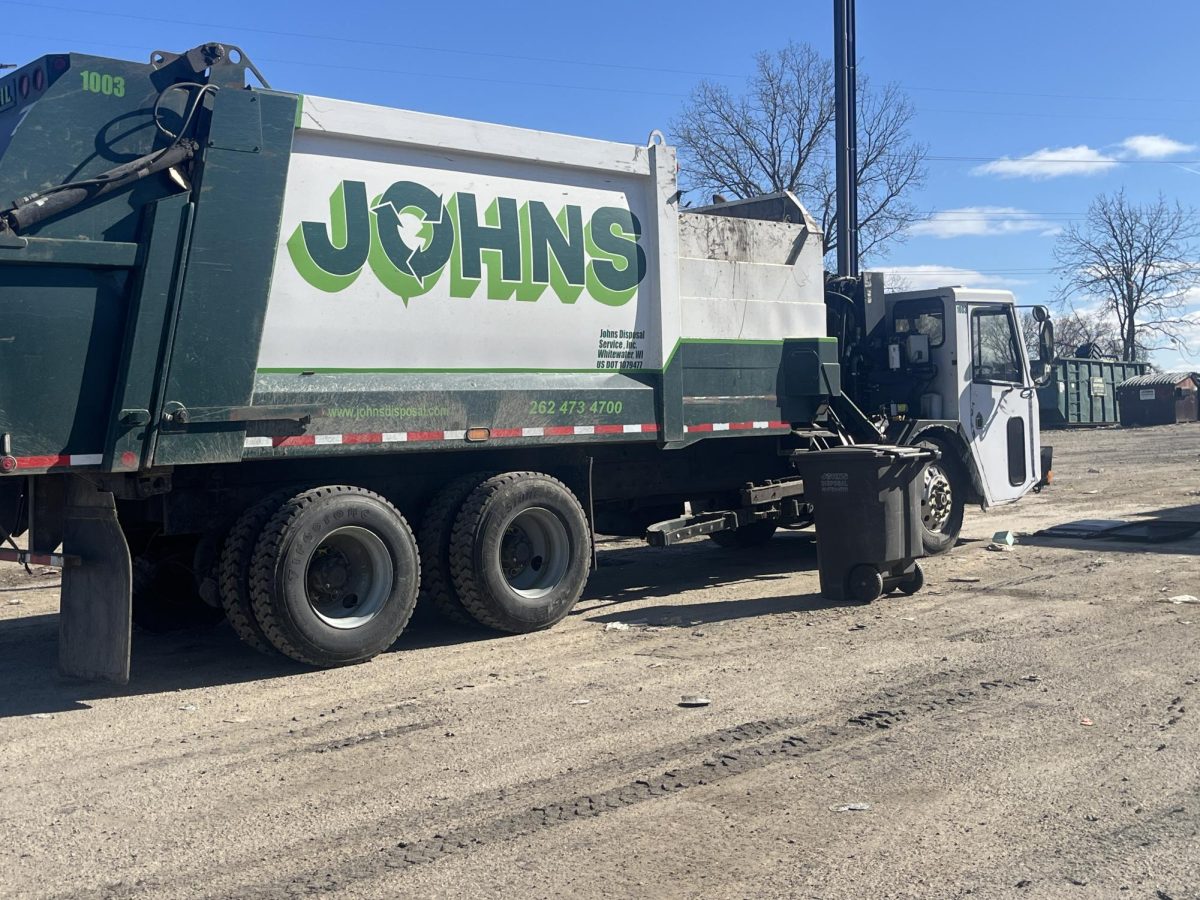As Earth Day approaches rapidly on April 22, Whitewater residents are beginning to increase their mindfulness of their ecological impact and how exactly food recycling can help make a positive mark on the environment.
Normally, discarded food and other waste is put into large pots called landfills, which are designed to hold the waste while causing minimal damage to the environment. With approximately 70 landfills in the state of Wisconsin, that equates to almost 8 million tons of trash collected.
With so many landfills, and so much trash inside of them, it is clear to see the need for a reduction in the ecological footprint of these landfills.
Enter the “hot” landfill. Hot landfills are specially designed landfills that have the sole purpose of reducing ecological impact, while performing all the functions of a basic landfill.

President of John’s Disposal Company, Brian Jongetjes, detailed precisely how hot landfills work, and their considerable benefits to the environment. Hot landfills are designed with special systems that cycle air and water throughout the landfill. With this added filtration, the air and water reacts with organic matter, specifically food, decreasing the amount of time it would normally take for it to decompose.
This accelerated rate of decomposition causes the total volume of the hot landfill to decrease, making significantly more room for an increased amount of trash in the landfill. Jongetjes also described how the accelerated decomposition created an abundance of methane gas, which is used to power various items in the facility.
Hot landfills help to encourage people to dispose of their organic food waste in the trash, as they will be artificially decomposed at an accelerated rate.
This leaves the inevitable question: what can I do to more actively reduce ecological footprints? Seeing the immediate impact and cause of one person’s efforts can be more rewarding.
With an abundance of restaurants in Whitewater, the proper disposal and recycling of food is of great importance. The Second Salem Brewing Company is one that shares the understanding and importance of food recycling. Typically, when someone thinks of food recycling, they think of fruits and vegetables and composting. While the Second Salem Brewing Co. does indeed operate their own small compost for such items, Brewmaster and Operations Manager Christ Christon elaborated on the recycling of grease.
Christon described how the grease is recycled and sold to biodiesel companies. Biodiesel is a renewable, and green type of biodegradable fuel. He also described how this grease is sold to larger industries, who use it for furnace oil, which can also be used to generate power.
Being mindful and understanding how our waste is used and recycled is only more important as Earth Day approaches. By understanding that there is such a wide variety of ways such large industries and companies recycle can help us come to terms with the fact that the Earth can indeed flourish if everyone does their part.



